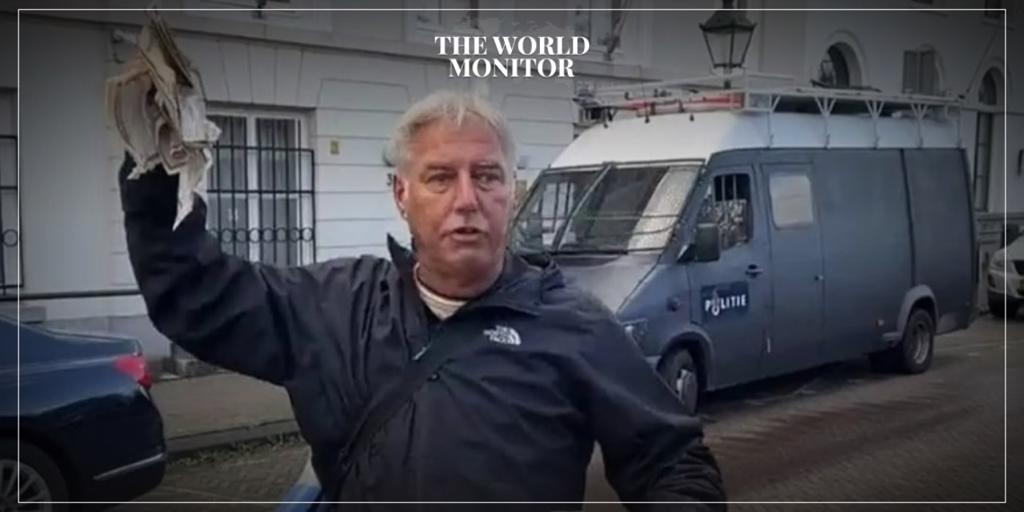The six-member countries of the Gulf Cooperation Council (GCC) have condemned the desecration of the Holy Quran by extremists in The Hague, Netherlands, in front of several embassies. This action threatens to inflame the sentiments of Muslims worldwide and provoke them.
In a statement, Jassem Al-Badiwi, the Secretary-General of the organization, “reiterated the call to the international community to undertake urgent and effective international measures against these aggressive and provocative behaviors.” He pointed out their increasing frequency under the pretext of freedom of expression, without any clear response. He further advocated the need to reject hatred and extremism.
Al-Badiwi emphasized the necessity for countries witnessing these practices to assume their legal and ethical responsibilities to halt such globally unacceptable actions.
It’s noteworthy that a Dutch activist from the far-right tore and trampled a copy of the Holy Quran during a demonstration in front of the Turkish embassy last Friday in The Hague.
The Dutch government condemned the demonstration but stated that it lacked the legal authority to prevent it.
The Gulf Cooperation Council, established in 1981, comprises Bahrain, Kuwait, Oman, Qatar, Saudi Arabia, and the United Arab Emirates. It serves as a regional intergovernmental political and economic alliance aimed at promoting stability, cooperation, and mutual respect amongst its member states. In recent years, there has been an increasing concern in various regions about instances of religious intolerance or disrespect, often under the banner of freedom of expression. Such incidents, like the one in The Hague, can have geopolitical ramifications as they tend to touch upon the deep-rooted sentiments of vast populations and challenge the boundaries of intercultural respect.






